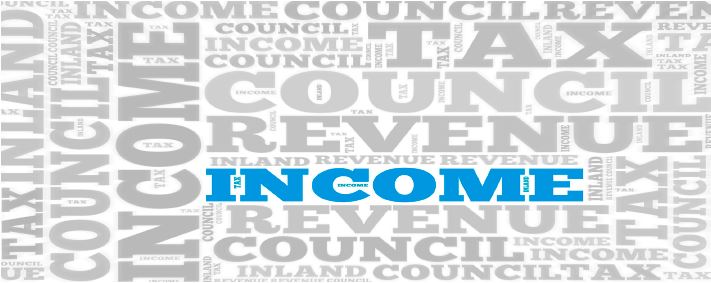We are all familiar with the need to write a will, ensuring that our executors…

Year-end Tax Planning

The tax year ends on 5 April 2021 so now is the time to consider what actions you can take before the end of the tax year to maximise your financial planning.
ISAs
ISA allowances are £20,000 per individual, thus allowing a couple to invest £40,000 between them.
The allowances for a Junior ISA / Child Trust Fund are increased to £9,000 per child.
Bed and ISA
If you don’t have enough cash available right now to maximise your ISA contributions but do have other investments which are in taxable investment accounts, then it is possible to do a “Bed and ISA”. The idea is simple: you sell your non-ISA investments and then use the proceeds to buy them back immediately, but this time within your ISA using your annual tax-free allowance, meaning the assets are out of reach of the taxman.
The capital gains tax allowance in 2020-21 is £12,300 – meaning that it is possible to generate capital gains of up to £12,300 in this fiscal year without attracting a capital gains tax liability.
Any investment gains above this amount will be taxable, at either 10% or 20% dependent on your marginal rate of tax.
The only exception is people selling second properties, including buy-to-let investments. Capital gains on these investments will be charged at 18% for basic rate taxpayers, or 28% for higher and additional rate taxpayers.
Pensions
The Annual Allowance is currently set at £40,000 per tax year, however your contribution cannot exceed 100% of your earnings unless you have unused relief from previous tax years.
There are some circumstances where an individual’s Annual Allowance will have been reduced to as little as £4,000 per tax year, so it is important to seek advice, as there are tax consequences if you exceed your Annual Allowance.
Making a pension contribution is an effective way of retaining some allowances and saving tax.
The lifetime pensions allowance is currently £1,073,100.
Income Tax Planning
The amount you can earn tax-free before you start paying income tax is £12,500.
A basic rate taxpayer will pay 20% on taxable income between £12,501 and £50,000. This means it is possible to earn up to £50,000 before you start paying tax at a rate of 40%.
Where your earnings exceed £100,000, your tax-free personal allowance falls by £1 for every £2 you earn over £100,000. This means if you earn more than £123,700 you will lose your tax-free personal allowance.
Where your earnings exceed £150,000, the additional rate of income tax of 45% is charged on all earnings above £150,000.
Income tax rates in 2020-21 at a glance
- Income up to £12,500 – 0% income tax. This is your personal tax-free allowance.
- Income between £12,501 and £50,000 – 20% income tax.
- Income between £50,001 and £150,000 – 40% income tax.
- Income above £150,001 – 45% income tax.
Dividend Taxes
The tax-free dividend allowance remains at £2,000, so if you don’t have other income, you’ll be able to earn £14,500 free of income tax when taking into account your personal allowance of £12,500.
All income from further dividends is taxed at 7.5% within the basic rate band of tax, 32.5% within the higher rate, and 38.1% if you are an additional rate taxpayer.
The Personal Savings Allowance
You might be able to reduce your tax bill further if you receive income from savings.
Basic rate taxpayers can still earn £1,000 from savings before they start paying income tax on savings income, higher rate taxpayers will only start paying tax on savings income over £500.
There is no savings allowance for additional rate taxpayers.
Inheritance Tax Planning
Everyone is entitled to a £3,000 annual exemption. It may be possible to carry forward any unused annual exemption from the previous tax year so for somebody who has made no gifts, they can make gifts of £6,000 within their annual exemptions now.
Past performance is not a reliable guide to the future. The value of investments and the income from them can go down as well as up. The value of tax reliefs depend upon individual circumstances and tax rules may change. The FSA does not regulate tax advice. This newsletter is provided strictly for general consideration only and is based on our understanding of law and HM Revenue & Customs practice as at January 2011 and the contents of the 2010 Comprehensive Spending Review. No action must be taken or refrained from based on its contents alone. Accordingly, no responsibility can be assumed for any loss occasioned in connection with the content hereof and any such action or inaction.
Professional advice is necessary for every case; we would love to hear from you…
February 2021
ParagraphFormats 14px



